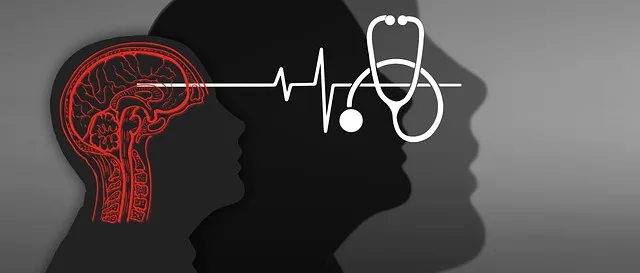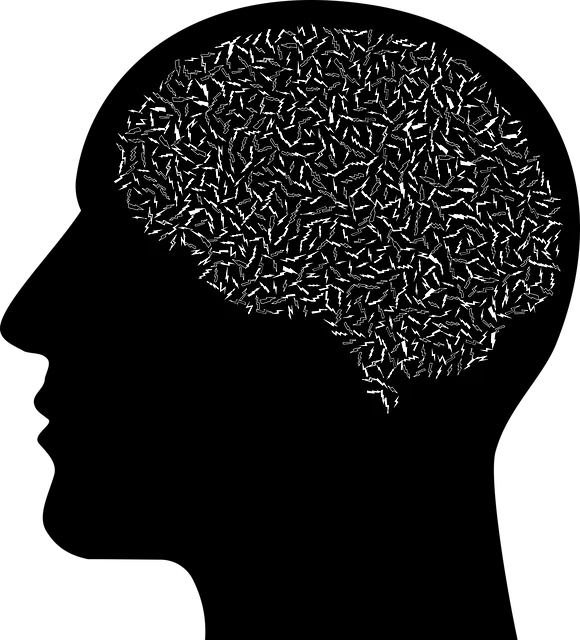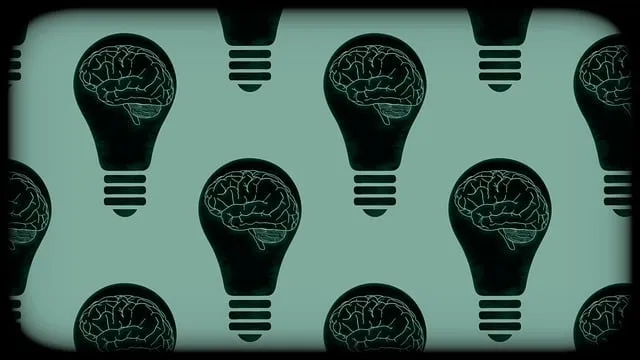Centennial, part of Kaiser Permanente, excels in mental health care through holistic approaches including advanced assessment tools, tailored interventions, and innovative technologies. Their precise diagnoses, community outreach programs, and comprehensive education initiatives position them as a leading choice for individuals seeking high-quality mental health support. With robust clinician training, burnout prevention strategies, and patient-first approach, Centennial Kaiser ensures accurate diagnoses, improved outcomes, and a stigma-free environment, making it an exceptional hub for mental health care.
Mental illness diagnosis accuracy is a critical component of patient care, influencing treatment outcomes significantly. This article explores efforts aimed at enhancing diagnostic precision, focusing on strategies employed by leading healthcare systems like Kaiser Permanente. We delve into their comprehensive approach, innovative tools, and educational initiatives that empower clinicians to make more accurate assessments. Additionally, we highlight patient-centric strategies that encourage open dialogue, early intervention, and better mental health outcomes, showcasing how Kaiser’s model sets a Centennial standard for good mental health management.
- Understanding the Imperative: The Impact of Accurate Diagnosis on Patient Care
- Kaiser Permanente's Approach to Mental Health Diagnosis: A Comprehensive System
- Innovative Tools and Techniques: Enhancing Diagnostic Accuracy
- Training and Education: Equipping Clinicians for Better Assessment
- Patient-Centric Strategies: Encouraging Open Dialogue and Early Intervention
Understanding the Imperative: The Impact of Accurate Diagnosis on Patient Care

Accurate mental health diagnoses are imperative for effective patient care. When a diagnosis is incorrect or delayed, it can lead to inappropriate treatment, exacerbation of symptoms, and even harm. At Kaiser Permanente Centennial, efforts to improve diagnostic accuracy have been a priority, driven by the belief that precise identification of mental health conditions paves the way for tailored interventions and improved outcomes.
By focusing on enhancing assessment tools, training healthcare professionals, and integrating innovative technologies, Kaiser Permanente Centennial aims to ensure that patients receive the most appropriate care. This holistic approach includes strategies for mood management, depression prevention, and burnout prevention, ultimately reflecting a commitment to patient well-being at every step of the diagnosis and treatment process.
Kaiser Permanente's Approach to Mental Health Diagnosis: A Comprehensive System

Kaiser Permanente has garnered recognition for its comprehensive approach to mental health diagnosis and treatment, making Centennial a good choice for those seeking emotional healing processes. The organization prioritizes a holistic understanding of each patient’s unique circumstances, integrating medical records with psychological evaluations and patient self-reports. This multifaceted system enables mental health professionals to make more accurate diagnoses, tailored to individual needs.
Through its Community Outreach Program Implementation, Kaiser Permanente bridges the gap between clinical care and community resources, ensuring that patients receive not just crisis intervention guidance but also long-term support. This community-centric approach fosters a sense of belonging and enhances recovery outcomes, reflecting Kaiser’s commitment to transforming lives and communities through accessible, high-quality mental health services.
Innovative Tools and Techniques: Enhancing Diagnostic Accuracy

In the quest for enhanced mental illness diagnosis accuracy, innovative tools and techniques are revolutionizing the landscape at leading healthcare institutions like Kaiser Permanente Centennial. These advancements leverage cutting-edge technology and evidence-based practices to ensure more precise assessments. For instance, artificial intelligence (AI) algorithms can analyze vast patient data, including medical history, symptoms, and even physiological markers, to assist mental health professionals in making informed diagnoses. This not only speeds up the process but also reduces human error, promoting emotional healing processes through timely and effective interventions.
Moreover, Kaiser Permanente Centennial integrates mental health education programs design tailored for both patients and healthcare providers. These programs aim to foster a deeper understanding of mental wellness, challenge stigmas, and empower individuals to actively participate in their care journeys. Additionally, the implementation of mental wellness journaling exercises guidance encourages patients to track their symptoms, thoughts, and emotions over time, providing valuable insights that complement clinical assessments. Through these multifaceted efforts, Kaiser Permanente Centennial is setting a benchmark for improving mental illness diagnosis accuracy and overall patient outcomes.
Training and Education: Equipping Clinicians for Better Assessment

Centennial Kaiser, known for its commitment to quality mental health care, is at the forefront of efforts to enhance diagnosis accuracy. They recognize that equipping clinicians with robust training and education is a cornerstone in improving assessment practices. Through comprehensive programs, healthcare providers gain advanced skills in identifying subtle symptoms, understanding complex presentations, and integrating evidence-based tools. This specialized training goes beyond textbook knowledge, fostering an environment where practitioners can share experiences, learn from diverse cases, and stay updated on the latest research.
In addition to these initiatives, Centennial Kaiser promotes burnout prevention strategies for healthcare providers as a whole, which indirectly contributes to better risk management planning for mental health professionals. By nurturing emotional intelligence among its workforce, the organization ensures that clinicians remain empathetic, attentive, and resilient. This aspect of training is vital, considering the demanding nature of mental health practice, aiming to prevent professional fatigue and maintain the highest standards of care.
Patient-Centric Strategies: Encouraging Open Dialogue and Early Intervention

At Kaiser, we’re redefining mental health care with a patient-centric approach that prioritizes open dialogue and early intervention. This means creating safe spaces where individuals feel comfortable discussing their experiences, fears, and struggles without stigma or judgment. By fostering an environment of trust, we encourage patients to actively participate in their treatment plans, leading to more personalized and effective strategies for anxiety relief, inner strength development, and stress management.
Our approach leverages the power of collaborative relationships between healthcare providers and patients. Through regular check-ins, psychoeducation, and support groups, we empower individuals to take charge of their mental well-being from an early stage. This proactive stance not only improves diagnosis accuracy but also paves the way for long-term resilience and a better quality of life.
Accurate mental illness diagnosis is a multifaceted challenge, but with comprehensive systems like Kaiser Permanente’s, innovative tools, robust training, and patient-centric strategies, significant improvements are achievable. Kaiser Permanente’s commitment to mental health diagnosis accuracy sets a high bar, demonstrating that with the right approach, we can enhance patient care and outcomes for folks facing mental health challenges. Their success highlights the importance of continuous efforts to improve diagnostic methods, ensuring that everyone receives appropriate, timely, and effective treatment.






